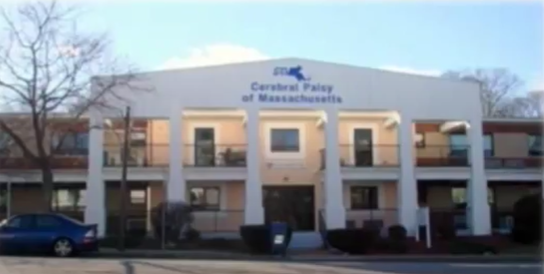PART OF About Us
Tempus Unlimited History Timeline
Tempus Unlimited History Timeline
The agency was incorporated in June of 1952 with the stated purpose of providing rehabilitative and related services for developmentally disabled children, adults, and persons with neurological dysfunction. Services began in a one room clinic at the Quincy Health Center, where physical, occupational and speech therapies were offered on a limited basis.
The first school program for children with Cerebral Palsy in the United States was opened at the Furnace Brook School in Quincy. Beatrice McHale provided leadership for this innovative program which began with ten moderately to severely handicapped children. Classes were held in one room, with integration of students into other classrooms whenever possible.
The agency concentrated on providing services for adults for whom very little opportunities had existed prior to that time. An Adult Class met at the Furnace Brook School where up to eighty adults at a time participated in arts and crafts, typing on electric typewriters, leather craft, ceramics and a host of other social and recreational activities. This program is ongoing to this day and is currently held at the Lincoln Hancock School in Quincy.
Under the leadership of Executive Director Arthur Ciampa, Cerebral Palsy of the South Shore established the first nursery program in Massachusetts for preschool children afflicted with Cerebral Palsy and related disabilities. This program continued for 40 years.
With a grant from the Hill-Burton Act additional private contributions, Cerebral Palsy acquired the building at 105 Adams Street Quincy. Formal programs, therapy and early intervention services for children were formulated into structured programs that were individualized for each participant.
Mass PCA Program Started
An independent fundraising campaign over $150,000 to construct an addition named the Roger Pritzker Wing to the 105 Adams Street building. Expansion was deemed necessary to accommodate the expanded services and programs.
AND
The agency opened a staff day care program to care for children of staff employees. This program permitted Cerebral Palsy to retain professional staff who otherwise would have resigned to care for their children at home.
The agency expanded its programs to further meet the needs of an underserved population of adults with developmental disabilities. A Supportive Living Program and a Personal Care Program were established to allow adults to live as independently as possible in their own homes and avoid institutionalization. This innovative program provides services such as; skills training, personal care attendants, case management, transportation and advocacy. Cerebral Palsy continues to explore its role in the provision of services for people with developmental disabilities so that they may continue to live as independently as possible.
Surrogacy Model Started
The Board of directors voted to change the name of the agency to Cerebral Palsy of Massachusetts, Inc. The agency services consumers in over 100 communities in the Commonwealth.
Fiscal Intermediary Introduced: The agency was awarded one of the 4 contracts for this new program in Massachusetts.
Senior Care Options (SCO) Started
Unionization of Personal Care Attendants
Veterans Independence Program (VIP) Started




